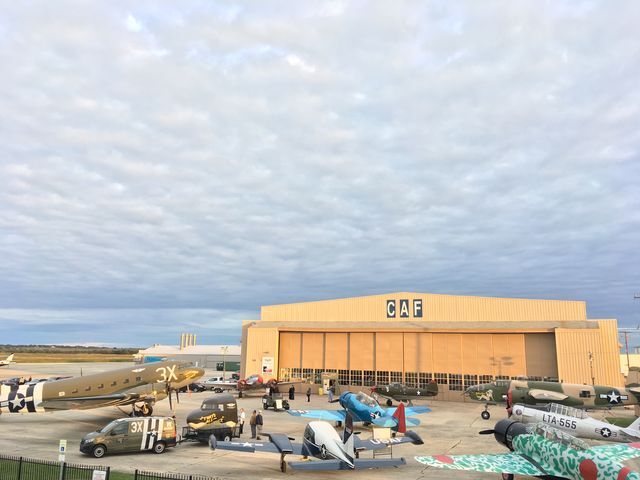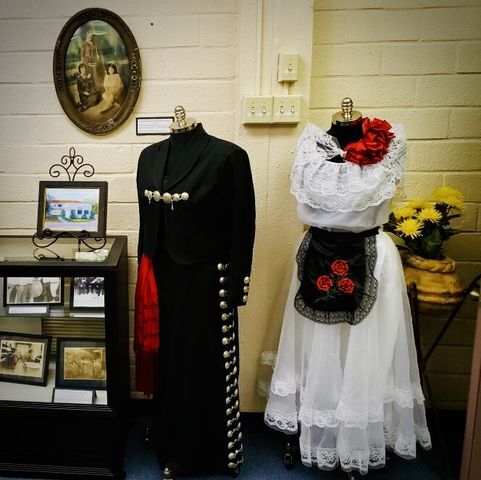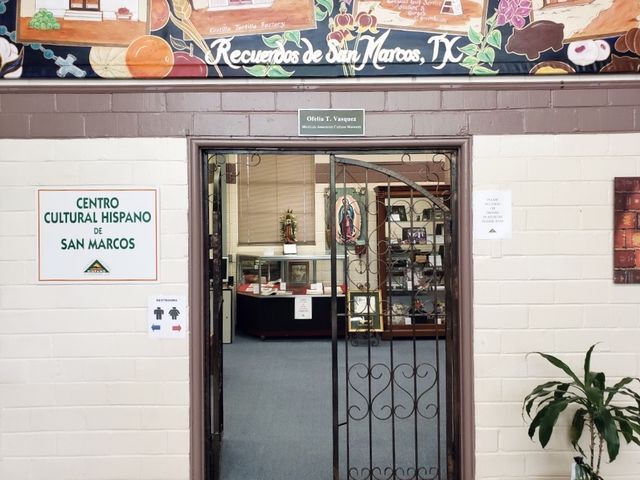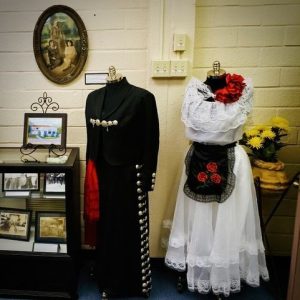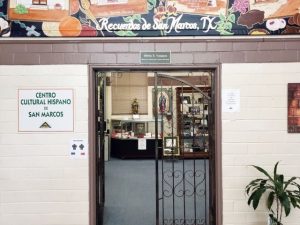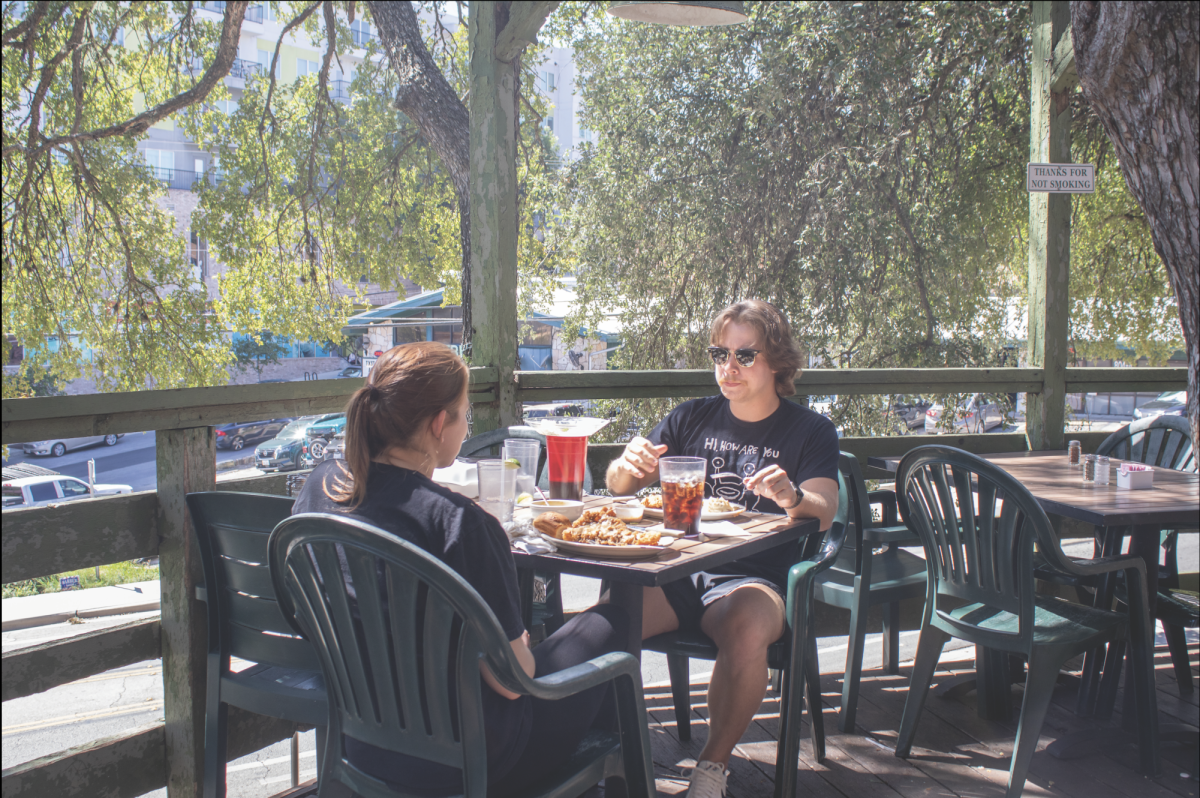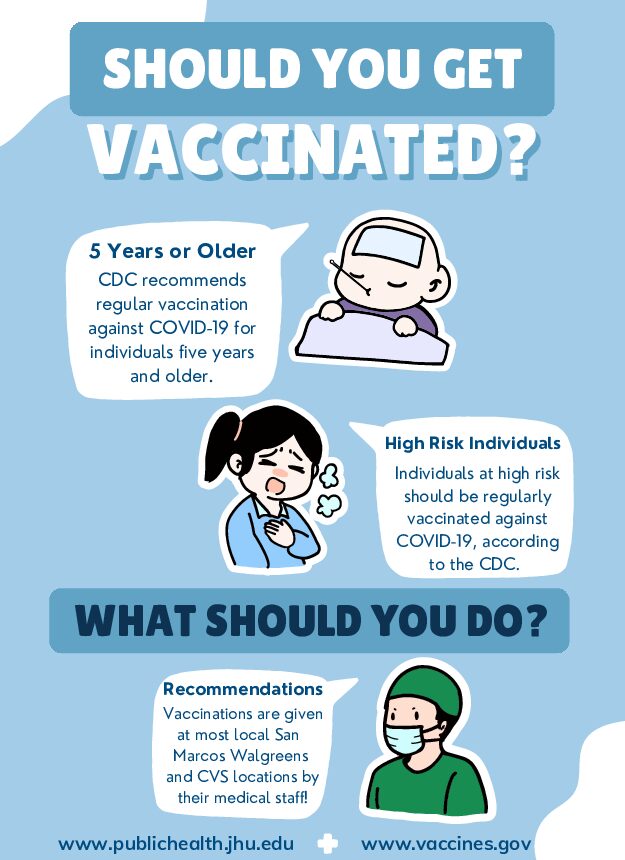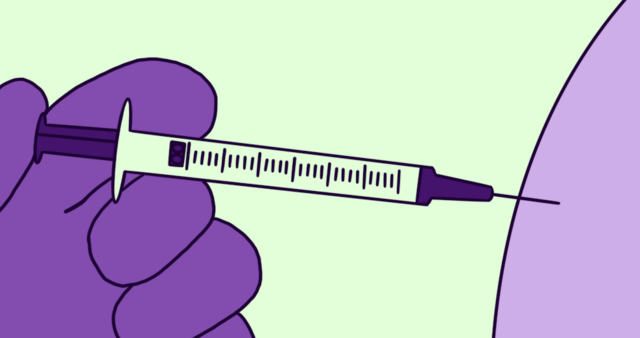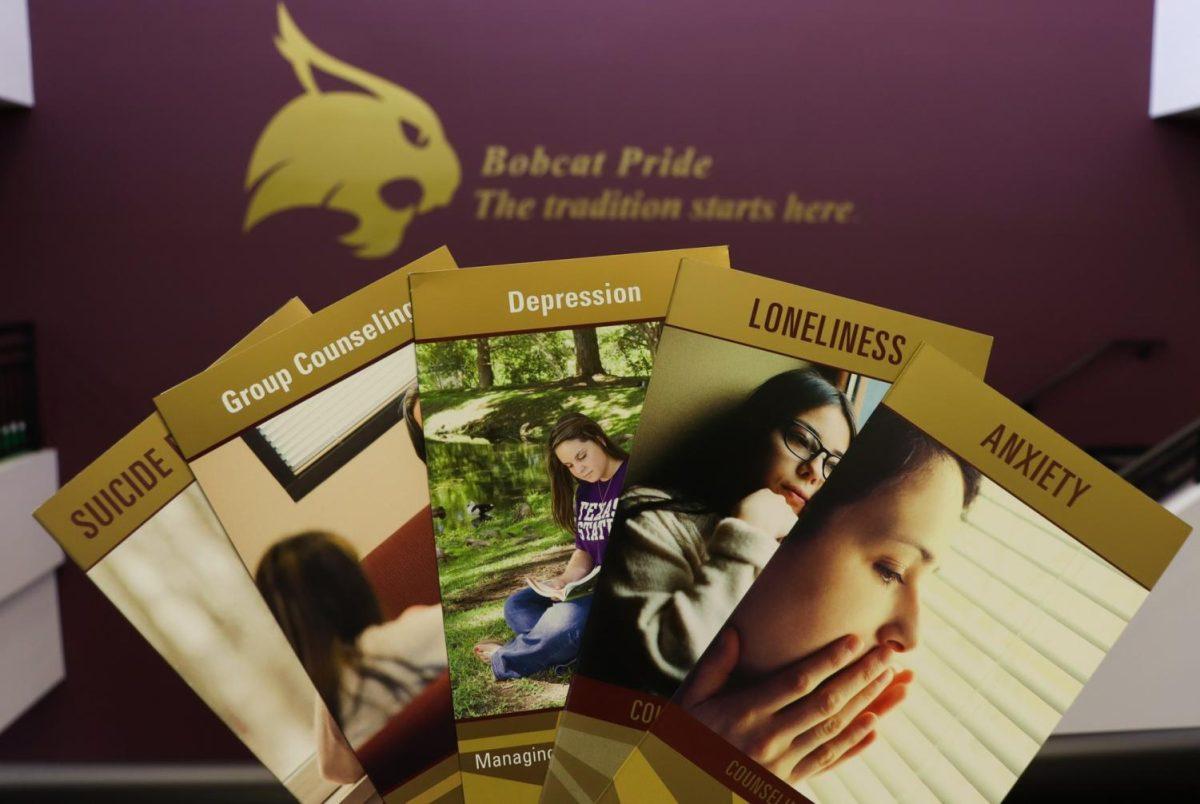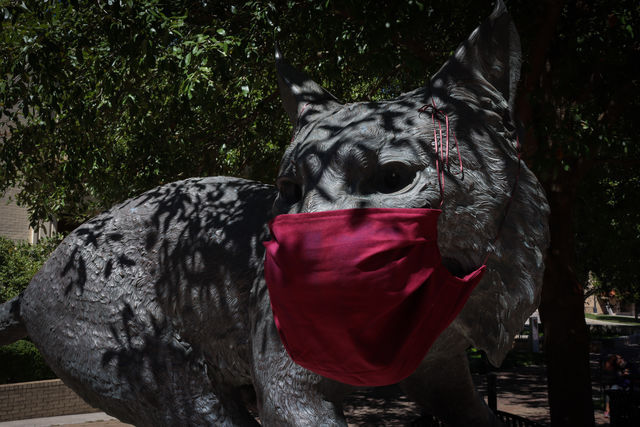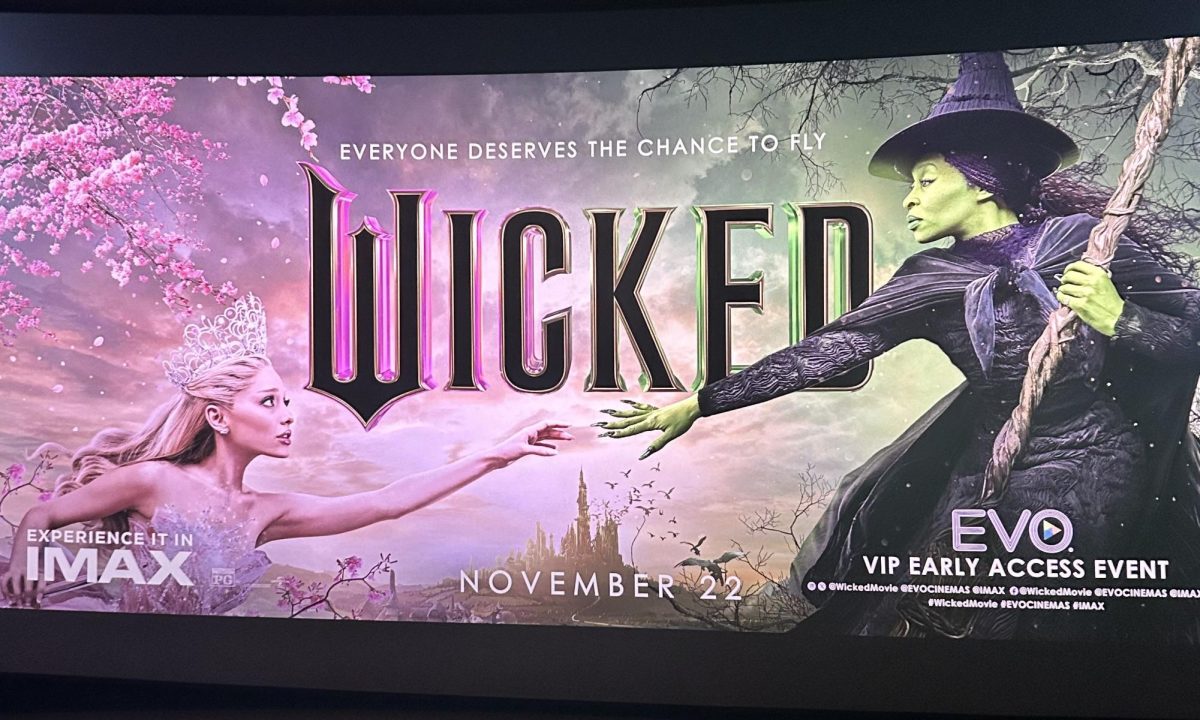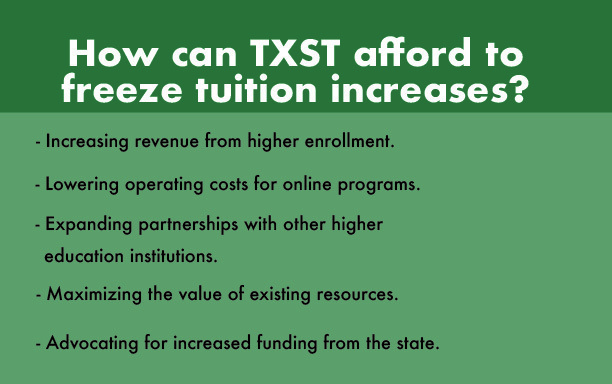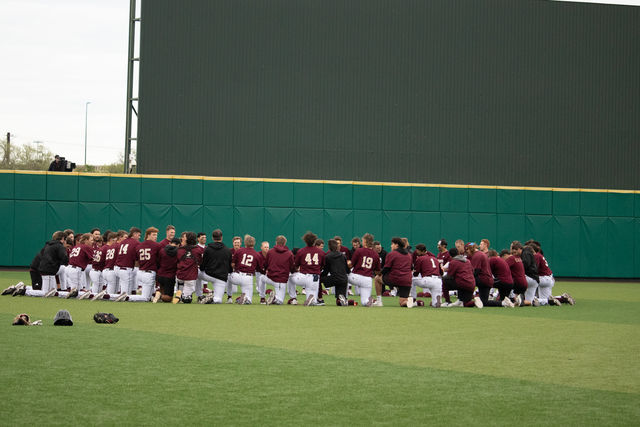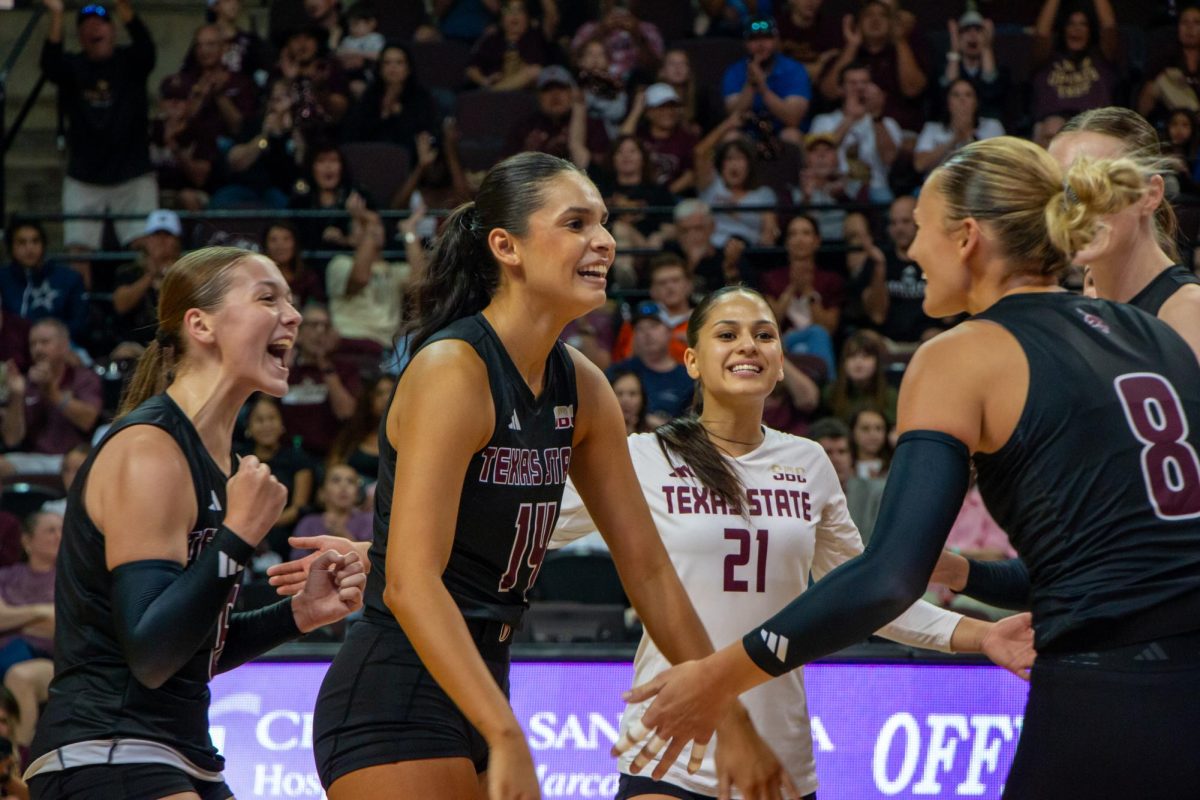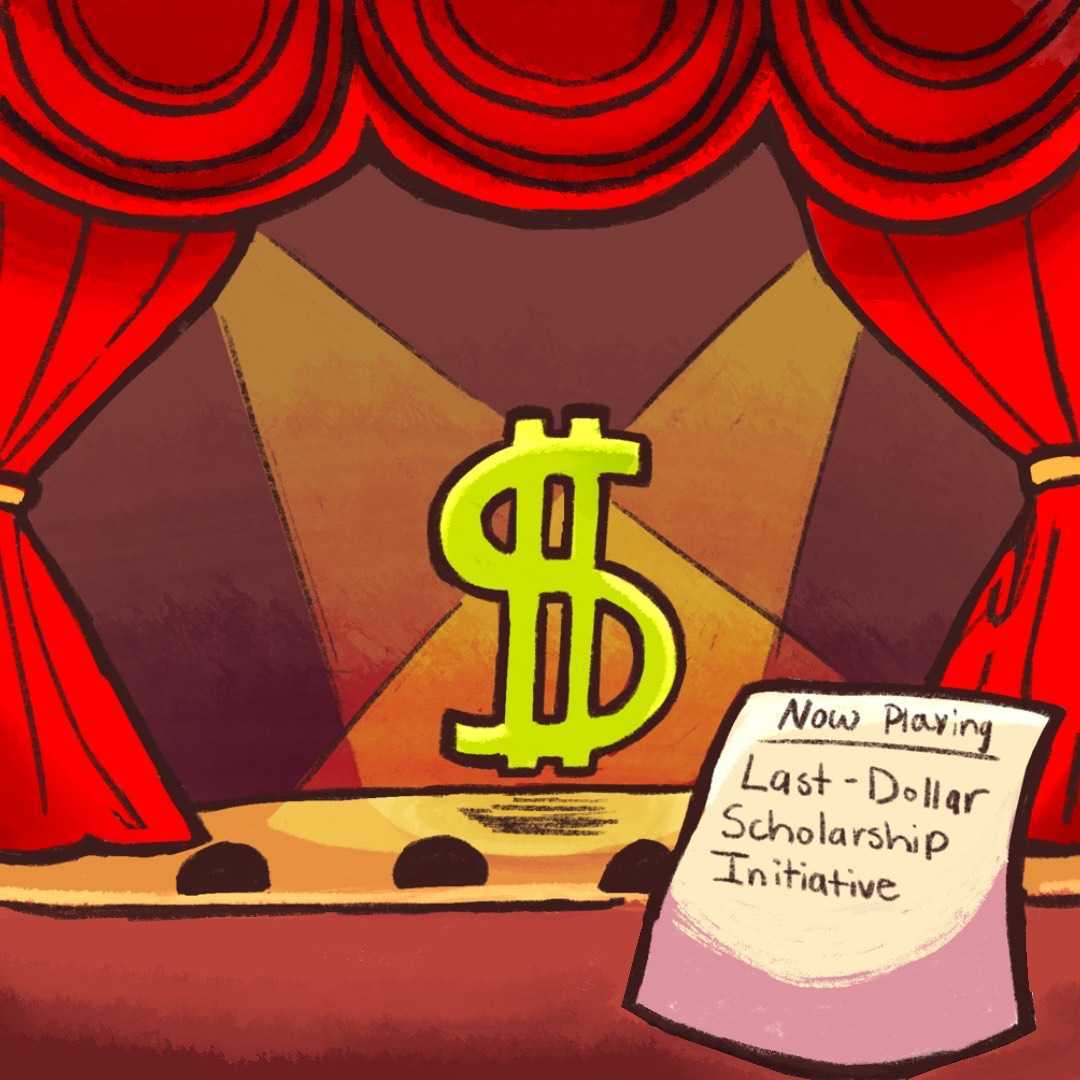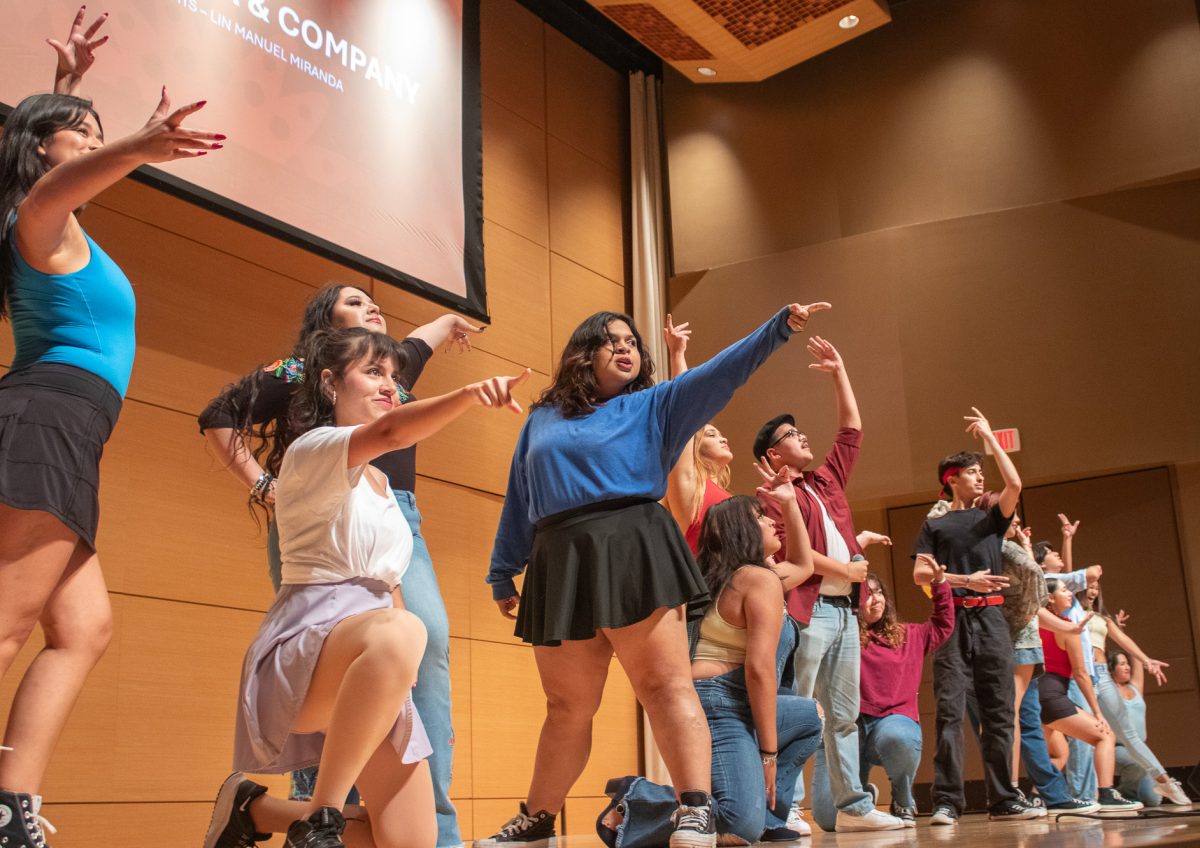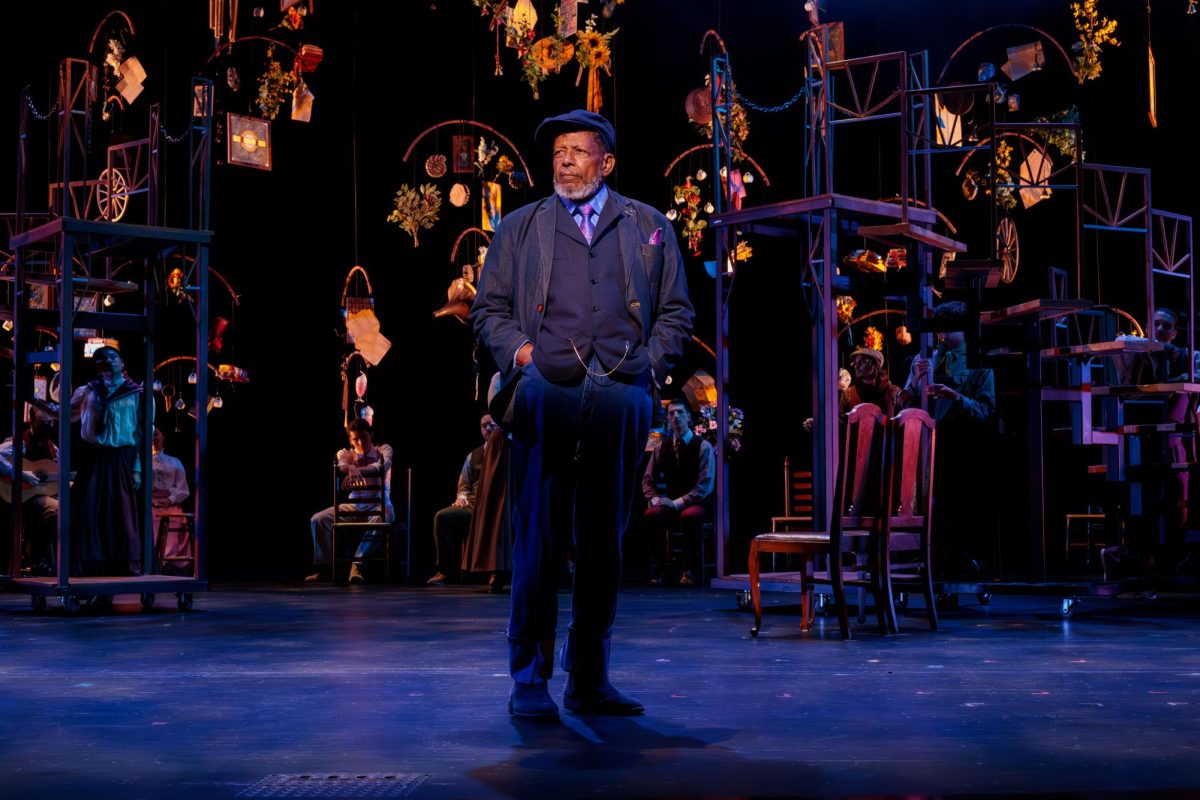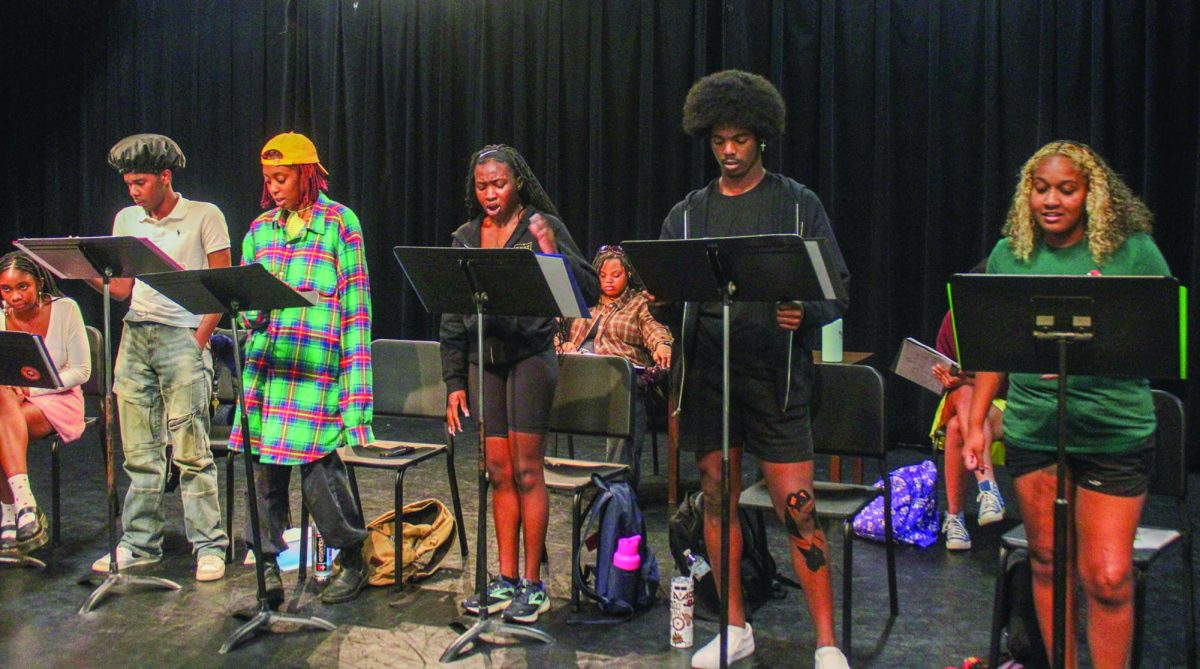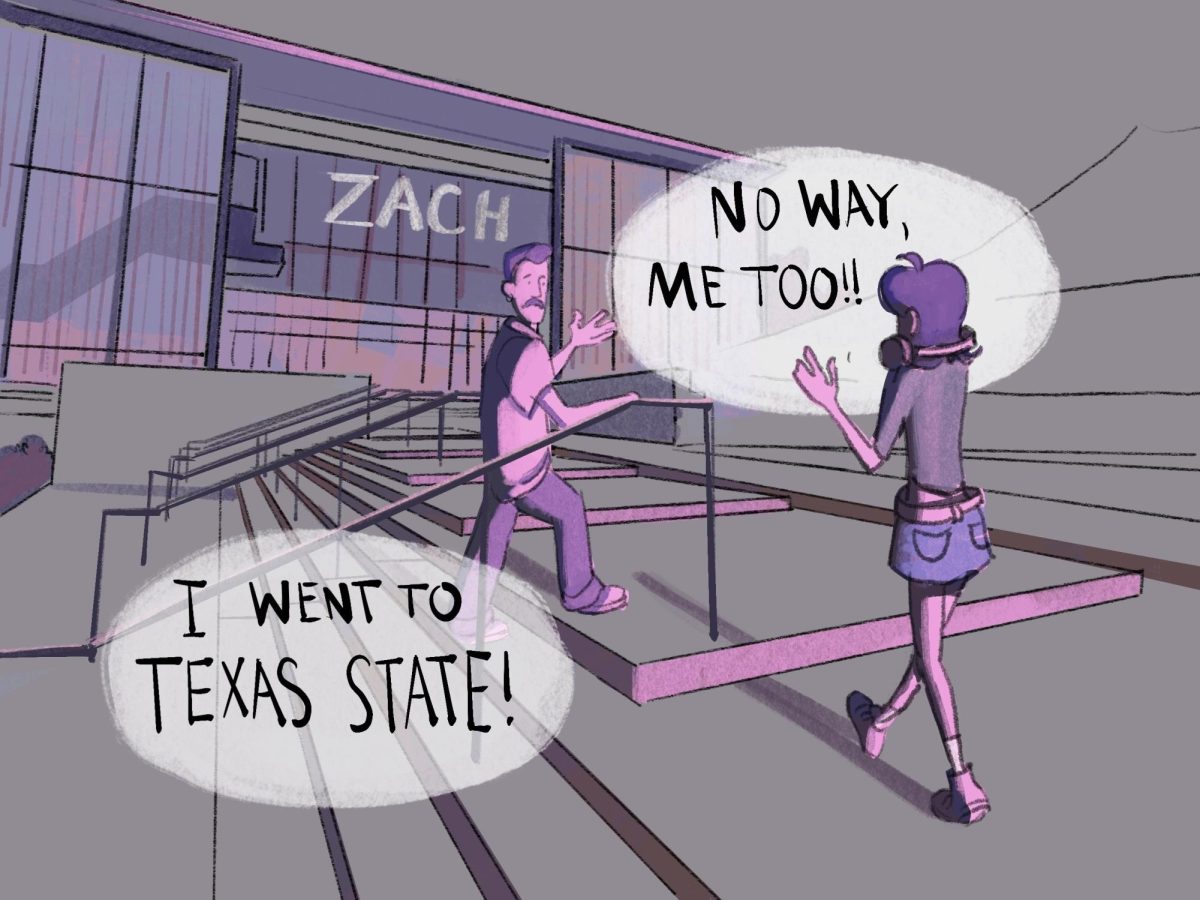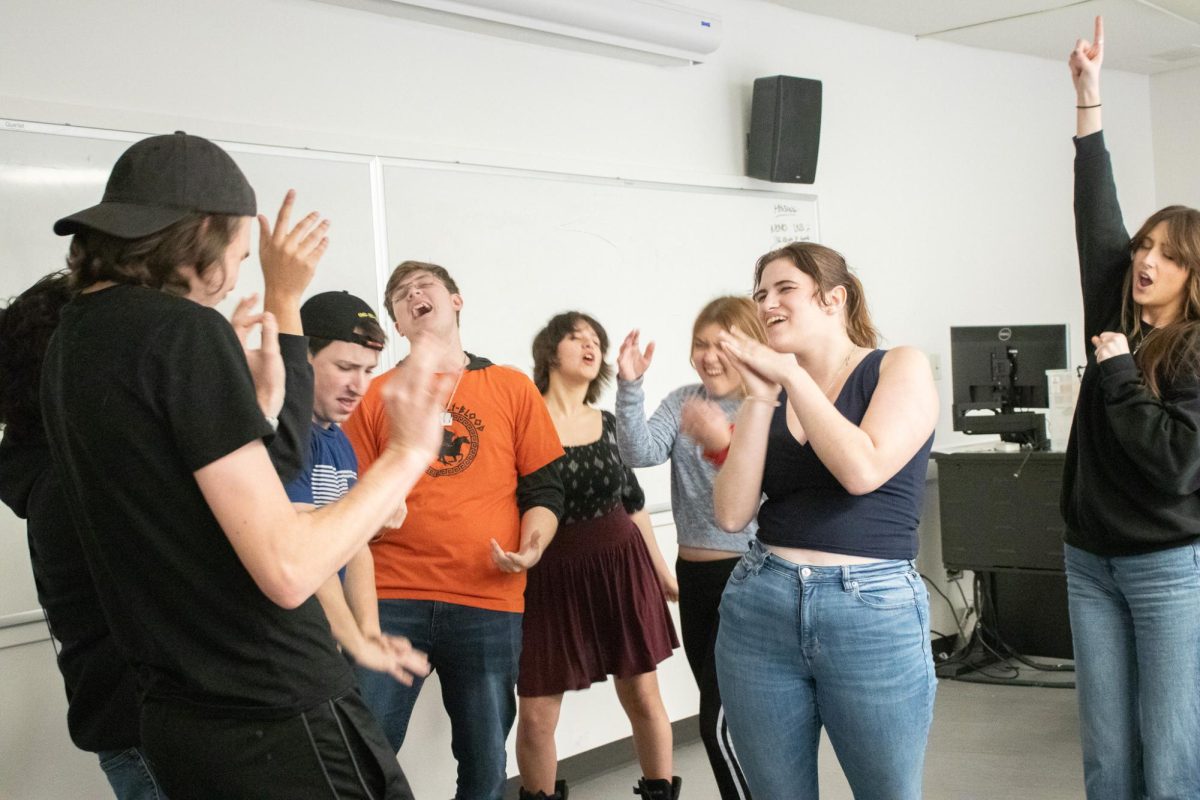While San Marcos businesses were swarmed with customers following Gov. Greg Abbott’s May 1 executive order, some local museums decided to keep their doors shut and artifacts put away for the foreseeable future.
Throughout a normal year, museums serve as locations for visitors to learn previously unknown facts about San Marcos and its people. Making a decision to remain open or closed is a difficult one, as most enjoy having visitors enter with curiosity and leave more informed about a city with such a storied history.
But museums deciding to remain closed do so for a variety of reasons—the uncertainty of the COVID-19 pandemic being the most common. Without a vaccine and adequate testing in place, it is difficult to project how reopening would impact the city.
The Central Texas Wing of Commemorative Air Force museum and airport, a haven for vintage military planes, is one of several museums deciding to keep its doors closed to the public. Its decision to do so came from a place of concern over the older population.
“A lot of our members are in their 70s or 80s, so obviously they are a high-risk group,” said Joe Enzminger, wing leader of Central Texas Wing of Commemorative Air Force. “We just decided out of an abundance of caution (staying closed was the best decision).”
The Lyndon Baines Johnson (LBJ) Museum, a knowledgeable source in San Marcos for visitors eager to learn more about the personal life and U.S. presidency of Texas State alumnus Lyndon Baines Johnson, also remains closed.
Normally, visitors are staggered throughout the day, and some individuals trickle in slowly while others gather in groups. Liz Garcia, curator of the LBJ Museum, said the groups of people coming in at different times would make it difficult for the museum to stay at 25% capacity.
Garcia also said because the museum did not require an entrance fee before the COVID-19 pandemic, there was no rush to open its doors to the public now.
“Some of the money we get from the city has been reduced because of the emergency,” Garcia said. “The city is deferring some of the funds for the virus (which is good); you want your city to do that. (The museum) isn’t like a restaurant where we don’t have people coming in (and) we lose money.”
Centro Cultural Hispano de San Marcos is a cultural center that offers a variety of programs from Spanish language instruction to an accessible library filled with plentiful books surrounding the history of San Marcos.
Hidden within the walls of Centro Cultural Hispano de San Marcos, lies a small museum filled with bright paintings, rustic sculptures, custom clothing and the history of Hispanic culture to educate others and preserve the history that makes San Marcos special.
Ricardo Espinoza, executive director of Centro Cultural Hispano de San Marcos, said the decision to keep the center closed was ultimately determined by a board of directors, but with everything it has to offer, reopening just the museum would not be ideal.
“I know that (Gov. Abbott) has said (for limited hours), museums are able to open, but (Centro Cultural Hispano de San Marcos) is not just the museum,” Espinoza said. “We are all in-company and all-inclusive, we have other things other than the museum. It is (kind of) difficult to open just the museum.”
In the meantime, the center will continue to follow the guidelines set by the Centers for Disease Control and Prevention and the Hays County Local Health Department. It also plans to post oral histories on social media, creating a virtual telling of history pertaining to the artwork and the individuals who work at the museum.
With their doors remaining closed, museums and their employees long for the day visitors are able to safely return with eagerness to learn about the city they call home.
For more information on the status of local museums, visit them on social media or give them a call.
The University Star’s COVID-19 coverage can be found here.
Categories:
Local museums remain closed despite Abbott’s plan to reopen economy
May 17, 2020
Vintage military planes dating back to World War II scatter on the runway outside of the Central Texas Wing of the Commemorative Air Force museum and airport, 1841 Airport Dr. Blding 2249, San Marcos. Photo courtesy of Joe Enzminger.
0
Donate to The University Star
Your donation will support the student journalists of Texas State University. Your contribution will allow us to purchase equipment and cover our annual website hosting costs.
More to Discover


